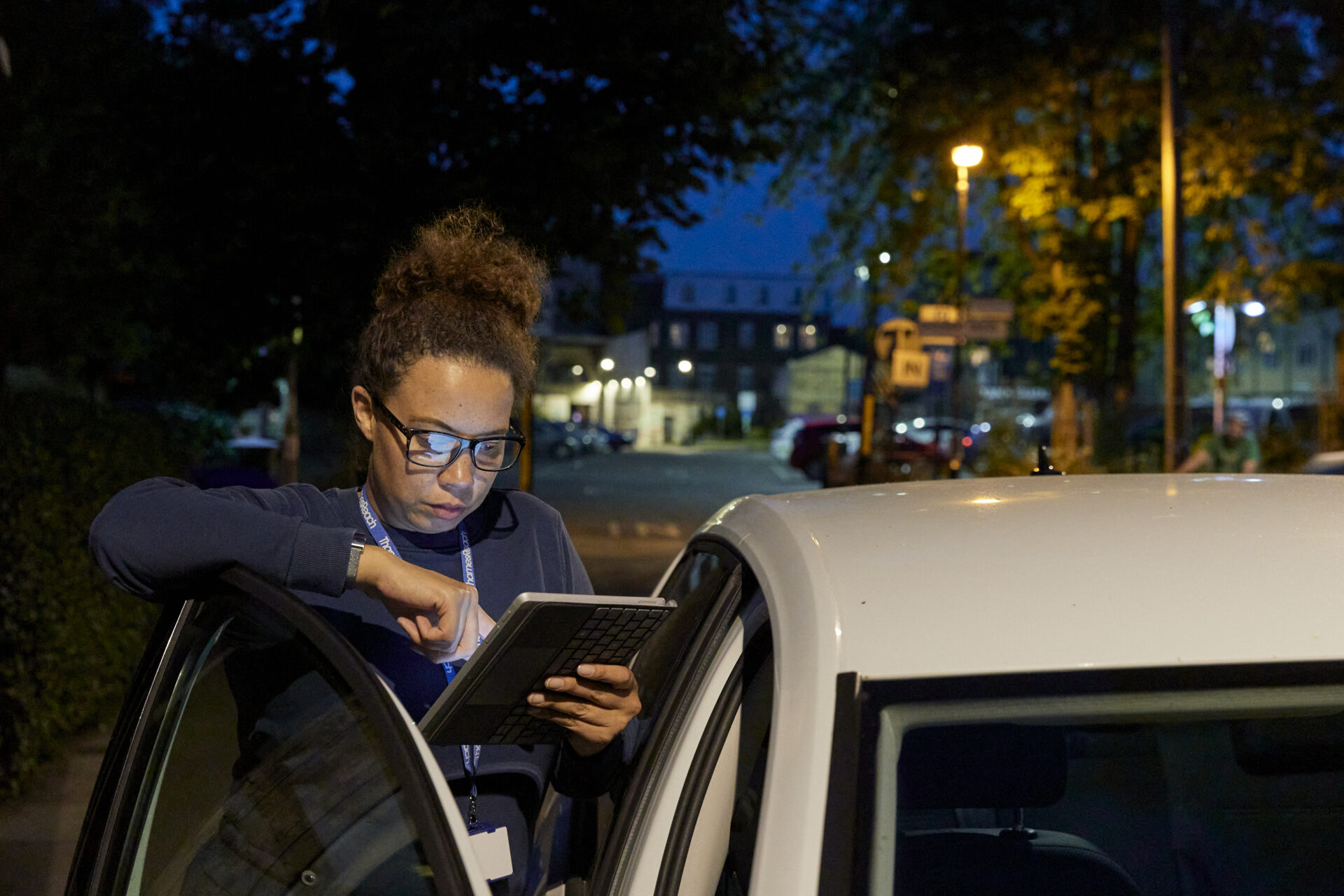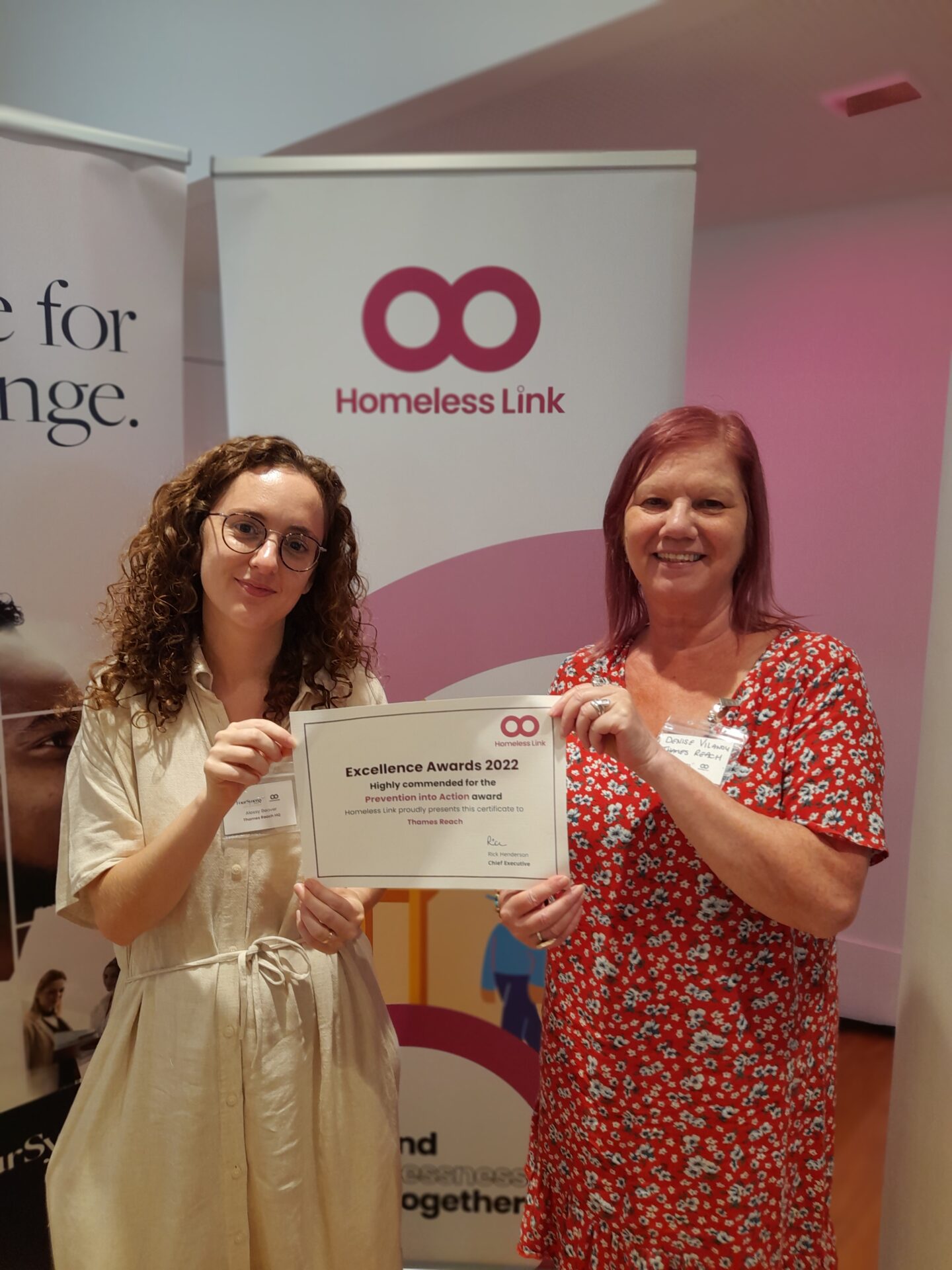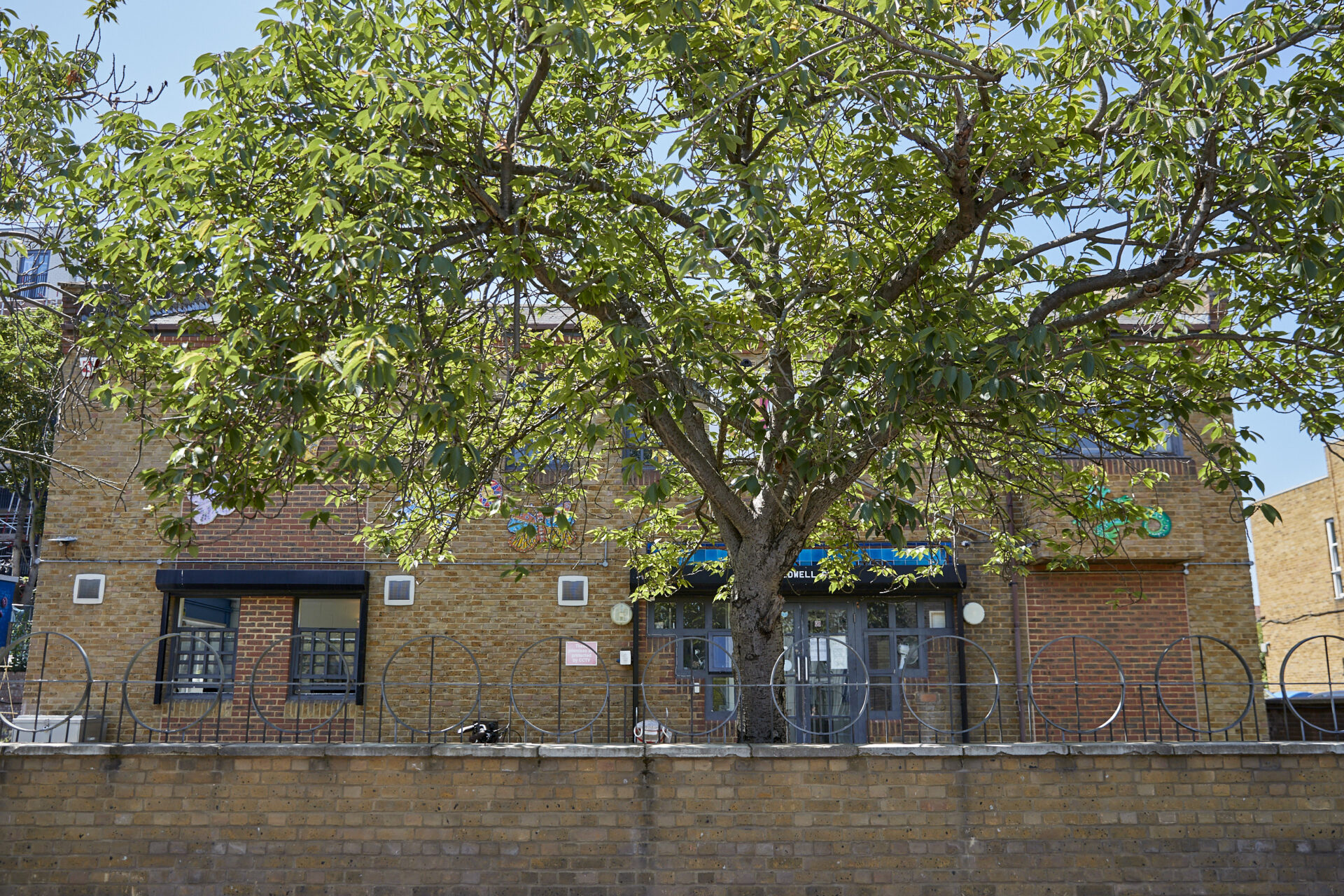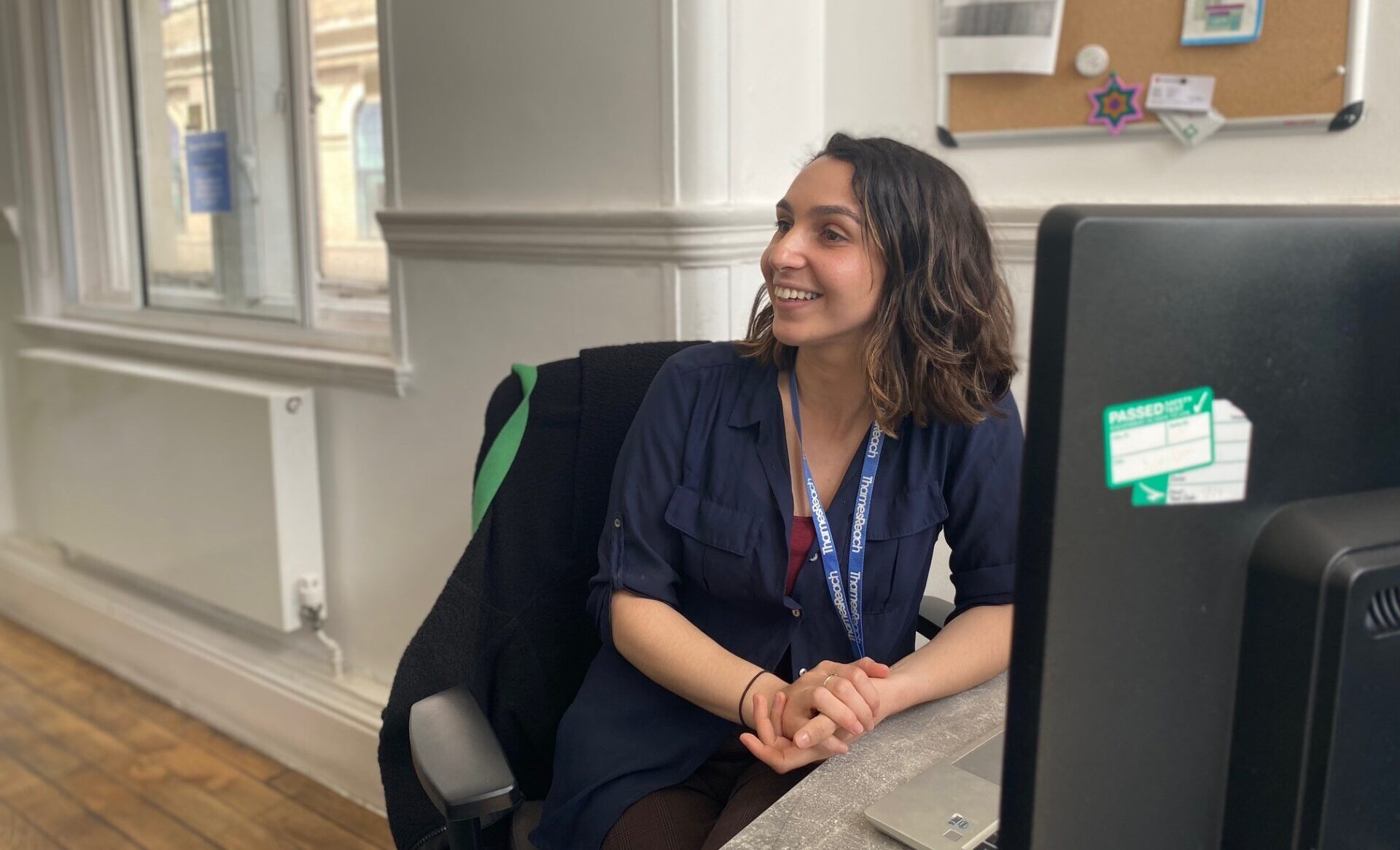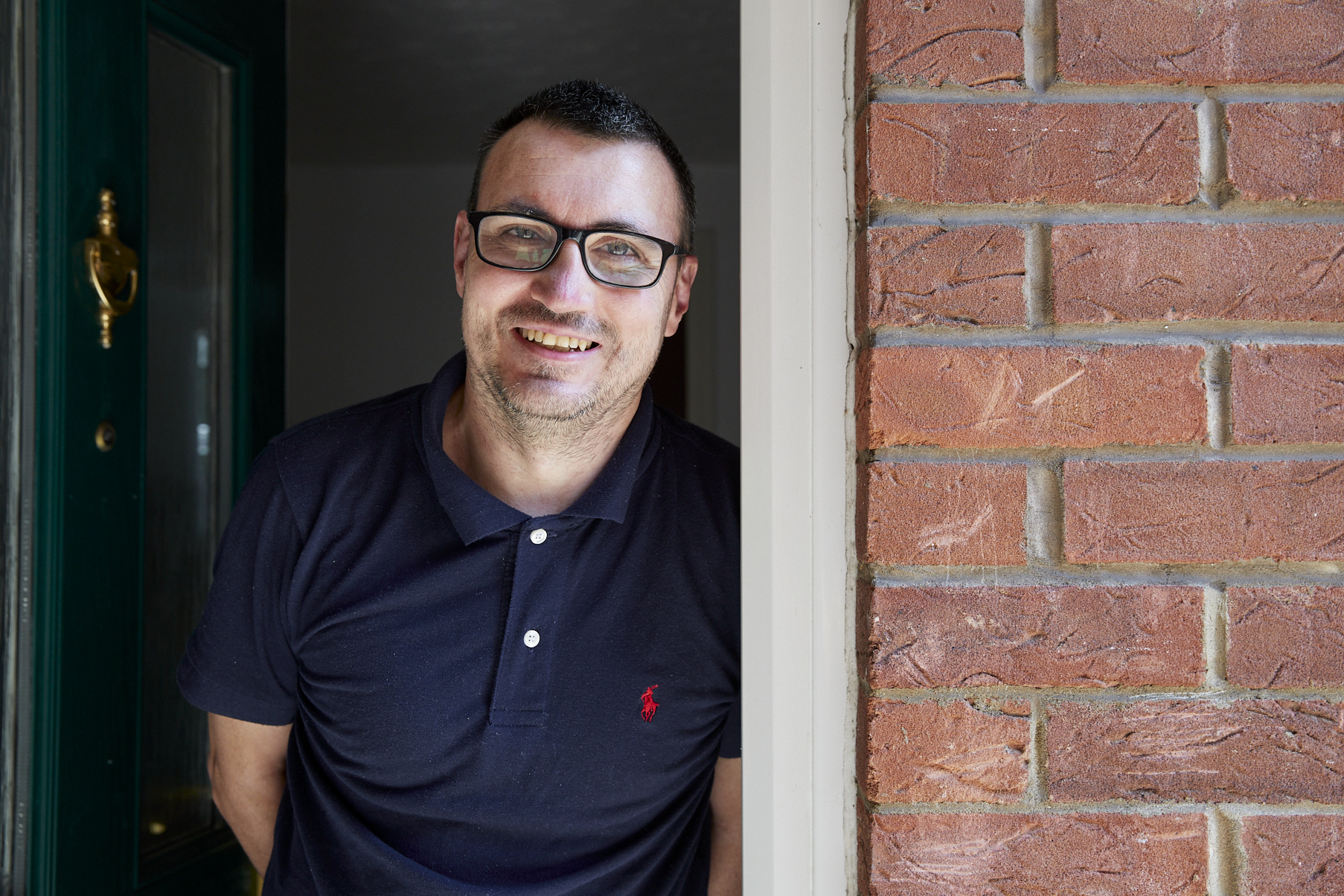Deptford Reach wins at London Homelessness Awards
Deptford Reach’s work preventing homelessness in Lewisham has been recognised at the London Homelessness Awards
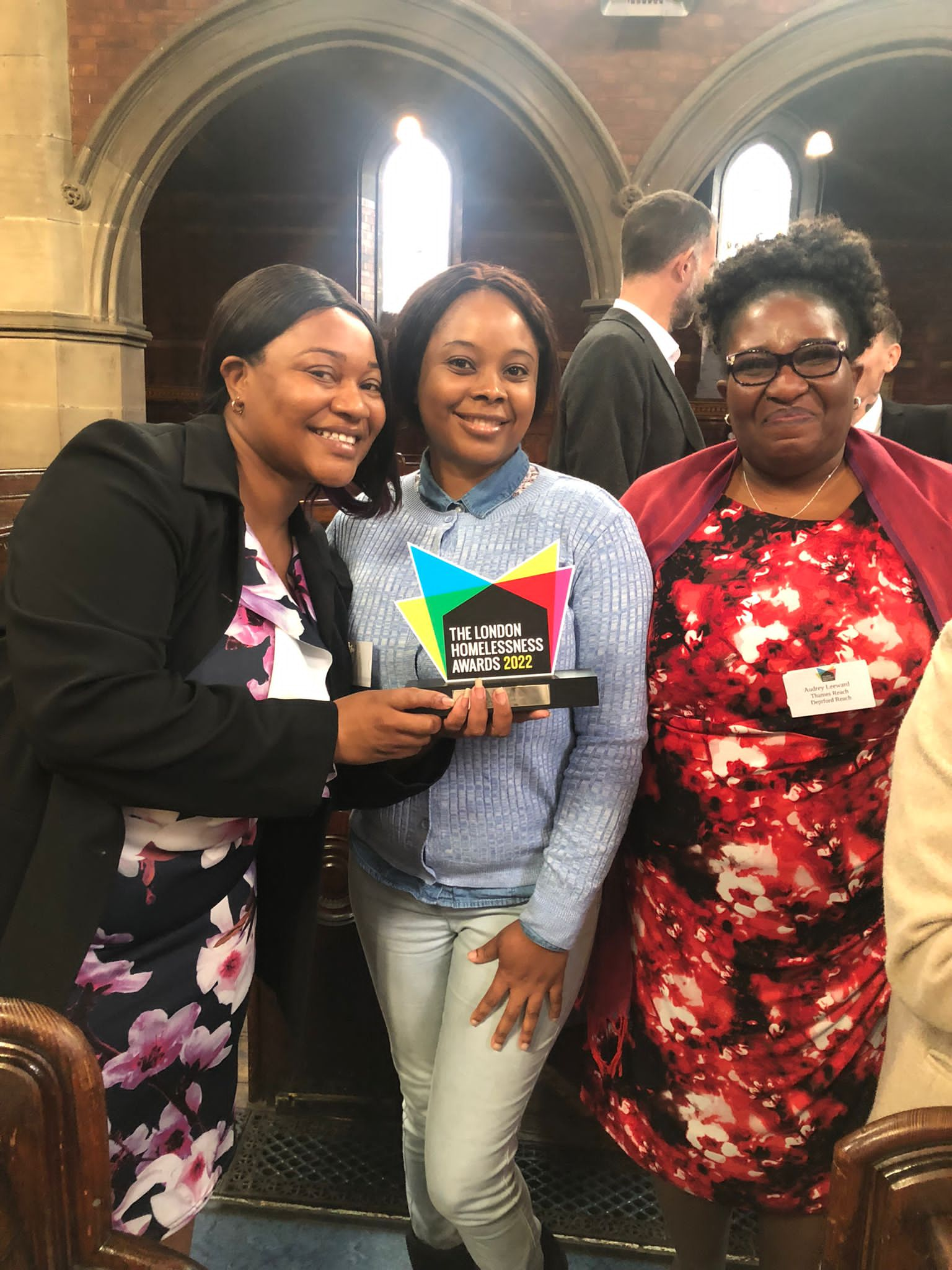
Three projects from across London have been named as winners of the prestigious London Homelessness Awards for 2022. They will share cash prizes totalling £60,000. The London Homelessness Awards are sponsored by London Housing Foundation, London Housing Directors, The Mayor of London, Crisis and Shelter.
The prize winners are: Greenwich Winter Night Shelter, Pathway Partnership Programme, and our Deptford Reach project, which has won a £10,000 prize at the award ceremony which took place at North London’s Union Chapel on 12 October. The awards were presented by Deputy Mayor Tom Copley.
Jordan McTigue, lead manager at Deptford Reach, says: “Winning this award means so much for both the people we work with, and us as a team, and will be a real boost to the work we are doing in the community. The prize money will go directly towards helping people facing homelessness, allowing us to reach them before they come to the streets. Being able to continue helping people where they are, through food banks, faith hubs and other community spots, is so essential as we start to face the reality of the cost-of-living crisis.”
Margaret Malcolm works with the London Housing Foundation and assessed all of the applicants. She said: “With a strong field of over 30 applicants, each of these projects did well to get to the last six and are doing excellent work. The presentations and stories they told were very powerful. The winners all provide high quality services to a wide range of clients and showcase just how vibrant and innovative the homelessness sector in London continues to be.”
Bill Tidnam, Chief Executive at Thames Reach, said: “We welcome the London Homelessness Award’s recognition of the Deptford Reach community project. If we are to meet our ambition of ending street homelessness we need many more services like this, which aim to intervene to find people at risk and work with them to help them stay in accommodation.”
Deptford Reach has recently expanded its service from a day centre to community outreach, working with people in Deptford and the surrounding Lewisham community to prevent homelessness, offer advice and guidance and signpost to other services. They do this in hubs across the borough such as food banks and faith centres, after finding that the stigma of homelessness and its surrounding issues mean that people are more likely to engage with support where they are, rather than coming to a day centre. The £10,000 prize will help Deptford Reach to continue this work and reach more people, as we face the additional challenge of the cost-of-living crisis.

